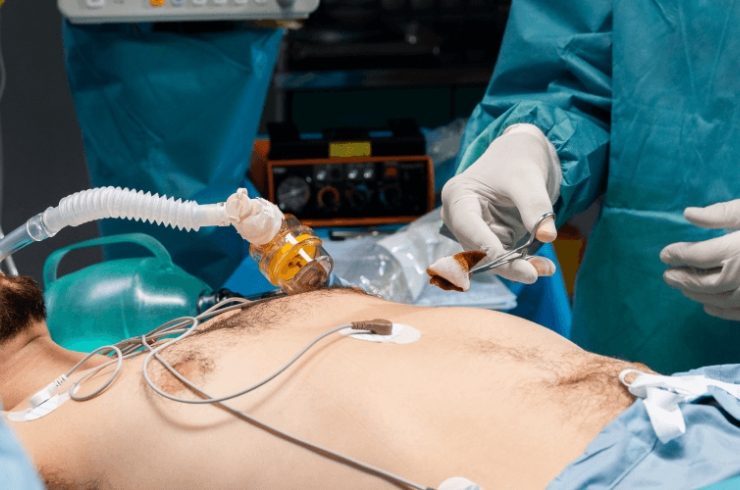HIPEC and Cytoreductive Surgery Explained

HIPEC and Cytoreductive Surgery Explained
HIPEC (Hyperthermic Intraperitoneal Chemotherapy) with Cytoreductive Surgery is an advanced and specialized treatment for certain abdominal cancers, especially those that have spread within the peritoneal cavity. This includes cancers such as ovarian, colorectal, appendiceal, and peritoneal mesothelioma, among others. This combined approach offers a better chance of controlling cancer locally, reducing recurrence, and improving long-term outcomes.
What is Cytoreductive Surgery?
Cytoreductive surgery is a complex surgical procedure that involves removing visible tumors and affected tissues from the abdominal cavity. The main goal is to reduce the tumor burden to as minimal as possible. During this surgery, affected organs or parts of organs (like the peritoneum, intestines, ovaries, etc.) may be partially or fully removed, depending on the extent of disease spread.
What is HIPEC?
Once the visible tumors are removed, HIPEC is performed. This involves circulating a heated chemotherapy solution directly into the abdominal cavity. The solution is maintained at a temperature of about 41–43°C and is circulated for about 60–90 minutes. This direct and localized application allows the chemotherapy to reach microscopic cancer cells that may remain after surgery, without causing as many side effects as traditional chemotherapy.
Benefits of HIPEC with Cytoreductive Surgery:
Targets cancer directly inside the abdomen
Reduces systemic side effects of chemotherapy
Improves survival and quality of life in selected patients
Effective in cancers that have limited response to traditional treatments
Who Can Benefit?
Patients with cancers that are limited to the abdominal cavity and are medically fit for major surgery may be considered for this treatment. Proper evaluation, imaging studies, and sometimes staging laparoscopy are performed beforehand to determine suitability.
Expertise Matters
HIPEC and Cytoreductive Surgery require high-level surgical skills, oncology experience, and specialized equipment. Dr. Aman Prakash, with advanced training in surgical oncology and a focus on complex cancer surgeries, offers this cutting-edge treatment at DESUN Hospital with a multidisciplinary team to ensure comprehensive care.
This approach represents hope for patients with advanced abdominal cancers, aiming not just for disease control but also for a better quality of life.